“The Middle East: What Now?”
The October 7, 2023, attacks in Israel precipitated devastation and desperation in Gaza and Israel, with profound and consequential effects in the region and beyond. To evaluate the dynamic developments in the Middle East, all within the complex context of the region, the Athenaeum’s five-part spring 2025 series—“The Middle East: What Now?”—focuses on perspectives from each of the following: Lebanon (February 5), Israel (February 6), Iran (March 11), Palestine (March 24), and Syria (April 7).
“Given the historic complexities in the region, everything has been, and still remains interconnected,” said Priya Junnar, Acting Director of the Athenaeum. “With this series, we have some incredible speakers who can help us expand the lens a bit more—and capture a broader, policy-oriented understanding of what may happen next.”
Read about the speakers and their topics below. “The Middle East: What Now?” series is co-sponsored by the President’s Leadership Fund.
Hicham Bou Nassif
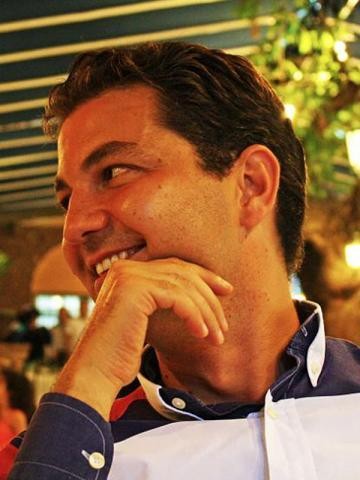
Part of the “The Middle East: What Now?” series, Hicham Bou Nassif, the Weinberg Associate Professor of International Relations and the Middle East at Claremont McKenna College, will address the current political situation in Lebanon after the election of a new president, against a backdrop of ongoing ethnic tension, and rising popular demands to disarm Hezbollah. Will Lebanon finally move forward after five decades of incessant turmoil, or will the recent changes in the country lead to yet another cycle of civil unrest?
Amos Guiora
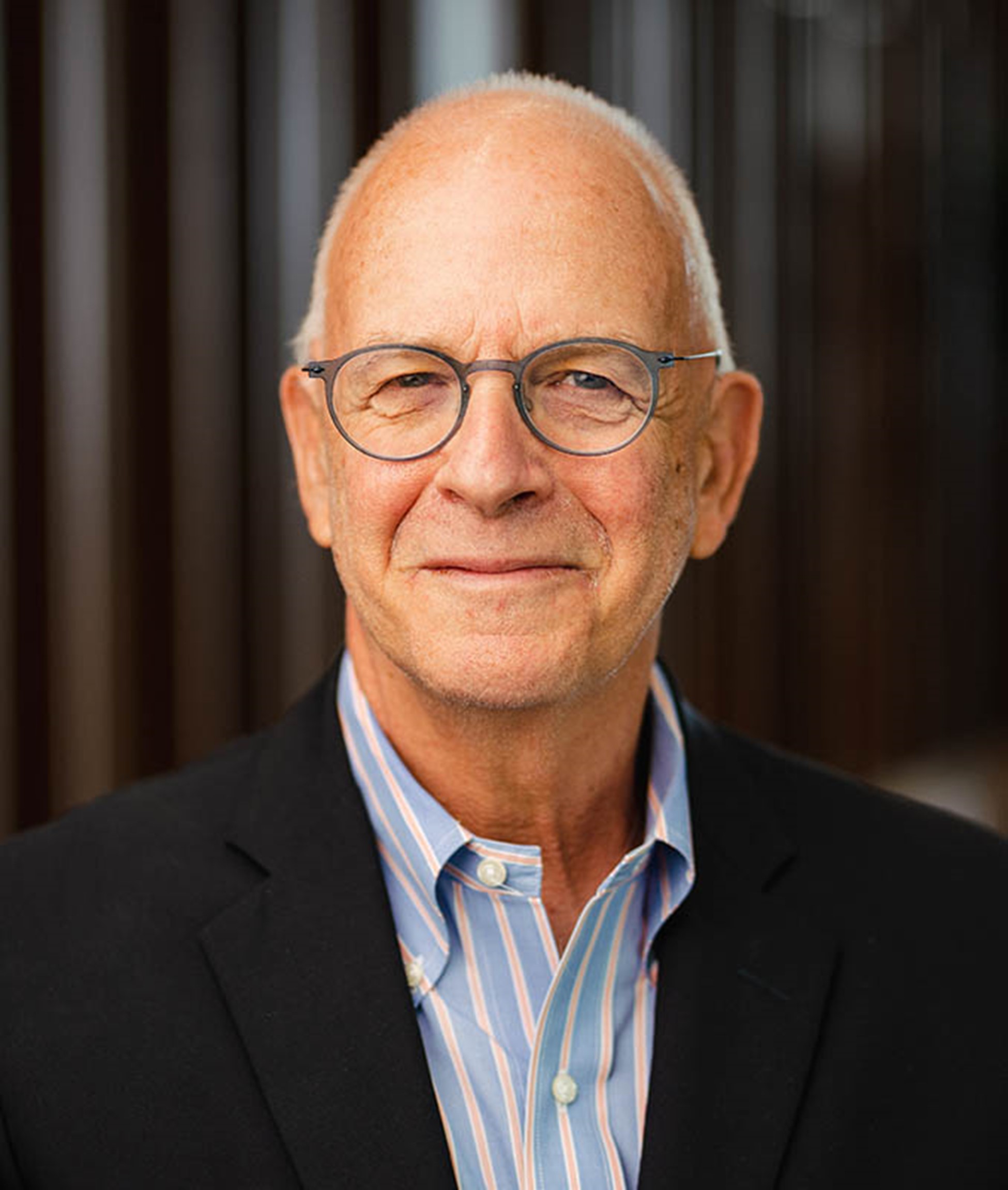
Part of the “The Middle East: What Now?” series, Amos Guiora, Israeli-American professor of law, who has published extensively on issues related to national security, interrogation, religion and terrorism, the limits of power, human rights, and political and bystander complicity, will address the prospects for resolution of political divisions within Israel, how these might influence the future of Gaza and the West Bank, and beyond that, the likely impact on the Israeli relationship with and the internal politics of its Middle Eastern neighbors.
Vali Nasr
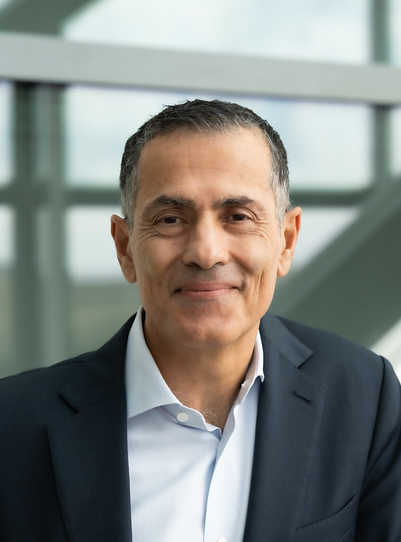
Vali Nasr, professor of International Affairs and Middle East Studies and former dean at Johns Hopkins School of Advanced and International Studies, will examine the direction that Iran is taking three years after popular protests rocked the country and the collapse of its position in Lebanon and Syria. There is palpable sense that the Islamic Republic is weak both at home and in the region, although the picture of decline is far from straight forward in a country on the cusp of acquiring nuclear weapons and capable of suppressing popular dissent. Iran remains important to the future direction of the Middle East, to a settlement to the Gaza war, and to peace and stability in the Persian Gulf region. How Iran responds to these challenges will, in turn, determine US-Iran relations and more broadly US engagement with the Middle East during the Trump presidency.
Omar Dajani
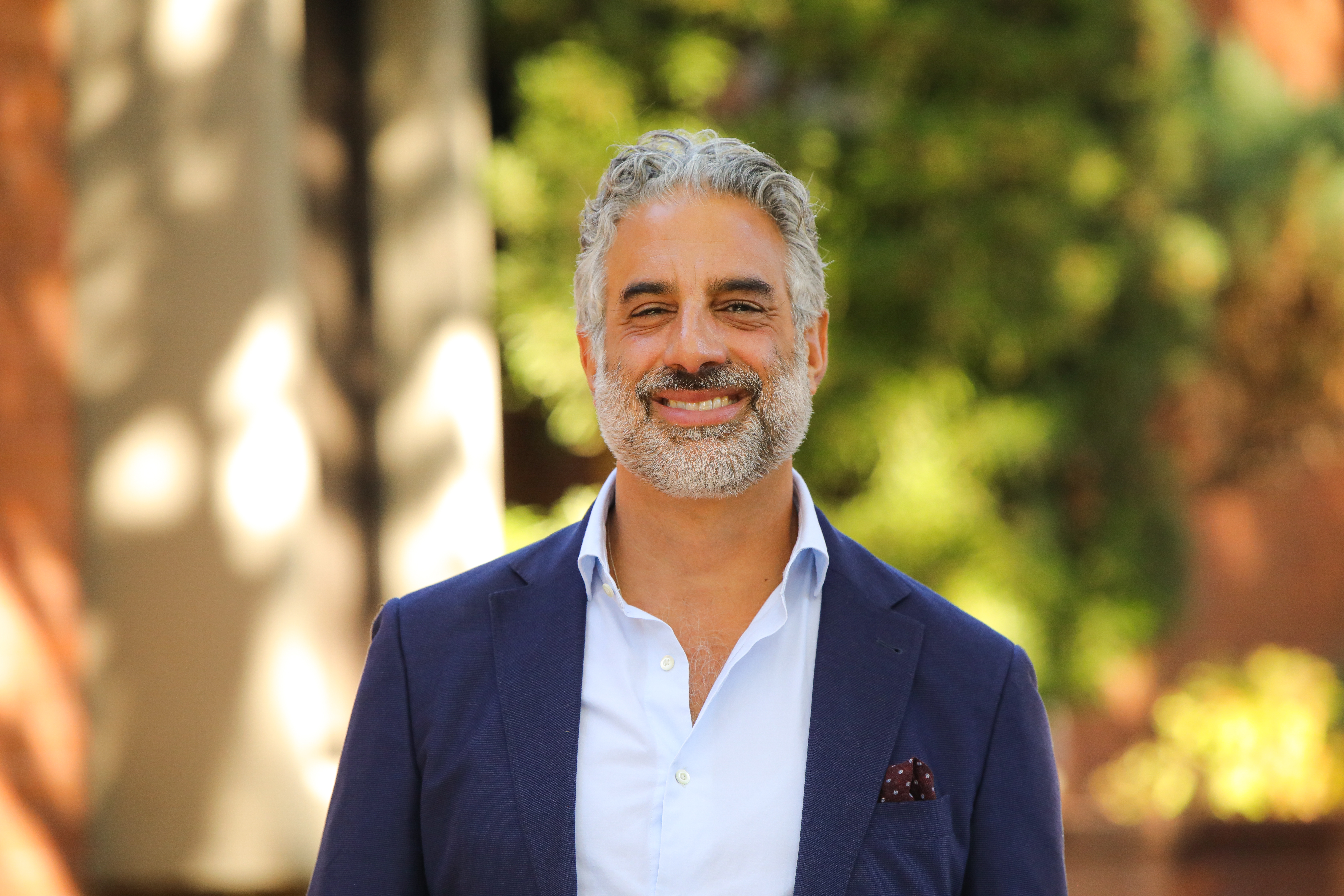
Part of “The Middle East: What Now?” series, Omar M. Dajani, professor of international law at McGeorge School of Law, University of the Pacific, a former legal adviser to the PLO in peace talks with Israel, and the joint board co-chair of A Land for All, an Israeli-Palestinian peace organization, will discuss ways forward from the catastrophe in Gaza, the promise of an Israeli-Palestinian confederation, and the lessons the international community must learn if peace is to be achieved.
Murhaf Jouejati
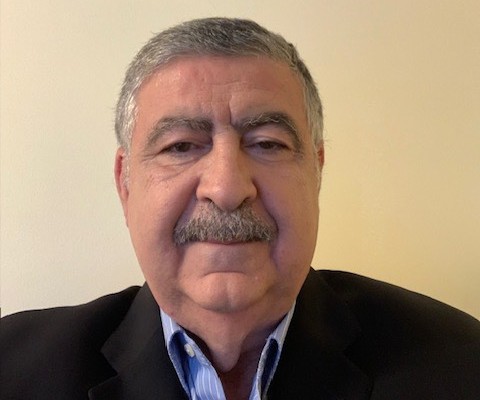
The unexpected fall of the Assad regime at a time that many observers believed it had survived Syria’s long and bloody civil war have raised questions about old assumptions and about both Syrian politics and the distribution of power in the region, elevating both hopes and concerns. Part of "The Middle East: What Now?" series, Murhaf Jouejati, professor of international relations and Middle East studies, will discuss the fall of the Assad regime in Syria, its regional and international consequences, and what might lie ahead.
